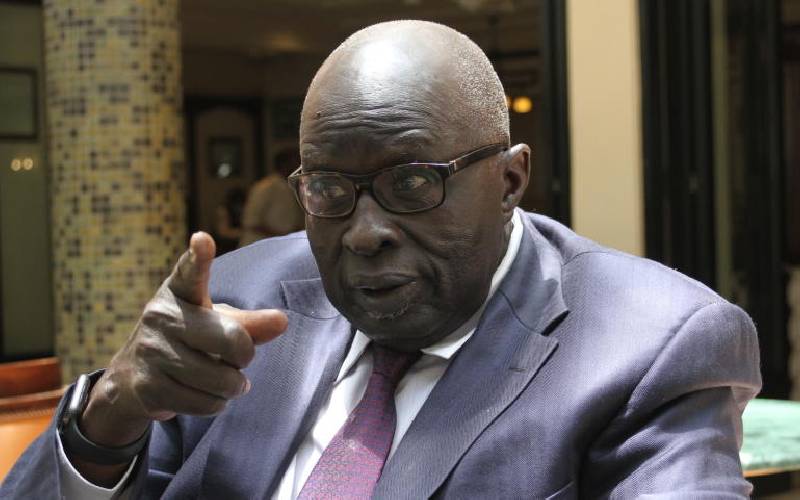×
The Standard e-Paper
Fearless, Trusted News

During the graduation ceremony at Mount Kenya University last week, one student stood out – a 79-year-old Member of Parliament for South Sudan.
Dr Aldo Aldo Ajou Deng Akuey, who graduated with a Doctor of Philosophy in History, served as MP in Sudan before independence and is currently a Member of the National Legislature (Council of States).